13 Best Companion Plants For Celery - Best & Worst Plant for Celery
Written by Ivy
Jan 05 2023
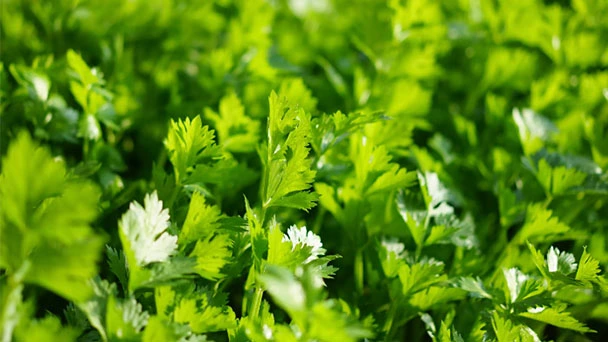
What makes companion planting so effective? Making sure your "recipe" is correct by combining the right plants with each other to get your intended results. By placing celery in your garden plan next to specific other varieties, you can make it even easier to grow Celery. Let's get started to learn what is companion plant and the best & worst companion Plants for your Celery plant!
What is Companion Planting?
Plants are paired up in gardens in a process known as companion planting so that they can support one another. For instance, you mix and match plants within the celery bed rather than planting a full row or bed of celery as is customary.
The plants you interplant with celery may have a variety of benefits, including those that prevent disease, enhance growth by improving soil fertility, help preserve moisture, and suppress weeds. You create a small plant support system within each bed by using companion planting.
Why Should I Try Companion Planting?
The best place to start if you're interested in organic, sustainable gardening is with companion planting. In addition to being SO SIMPLE, it can decrease pests, enhance flavor, and increase production. Simply combine specific plants, and watch the magic happen! Insect pests like aphids and large animal pests like rabbits and deer are primarily what our favorite companion plants for celery work to ward off. Here are the ones that have worked the best for us.
Best Companion Plants for Celery
1. Beans
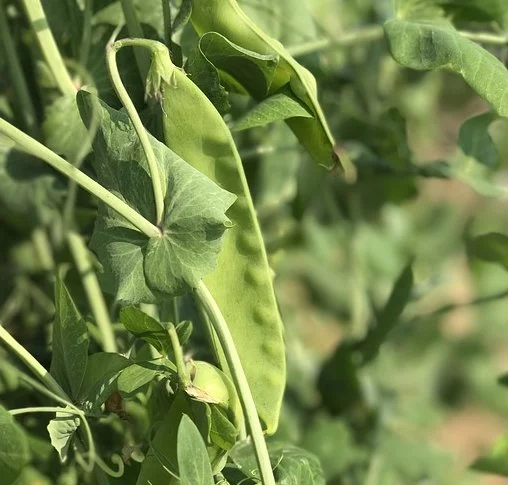
For celery, a heavy feeder, legumes like beans, peas, and other species fix nitrogen in the soil. Pole beans also offer a cooling canopy on warm days. Celery, in turn, aids in displacing bean beetles.
2. Cabbage
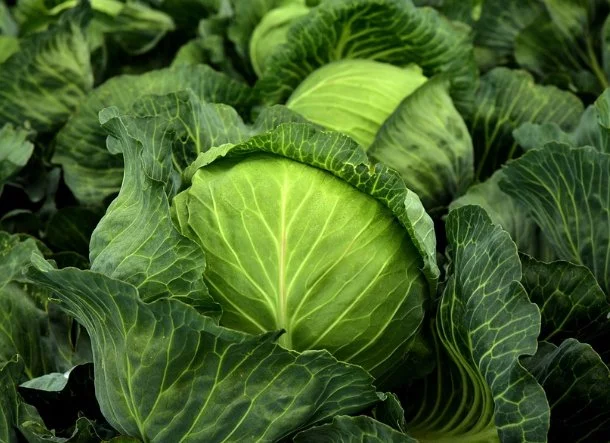
Pests that attack brassica vegetables like cabbage, broccoli, cauliflower, and other members of the family are deterred by celery, such as cabbage moths. In turn, taller brassicas provide celery seedlings with protection from the hot sun.
3. Cosmos
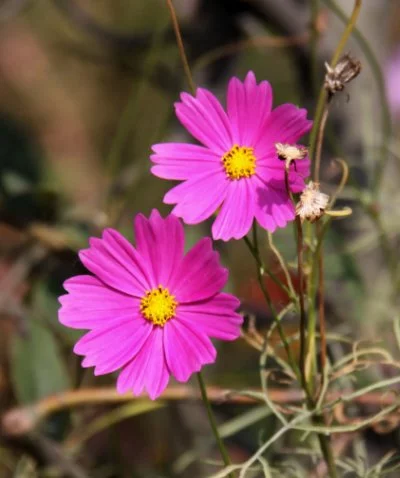
More than just a pretty flower, the tall, vibrant cosmos entice beneficial insects and parasitic wasps that feed on pests. For additional shade, plant them next to celery, or combine them with other pollinator-friendly flowers near the garden's edge.
4. Cucumbers
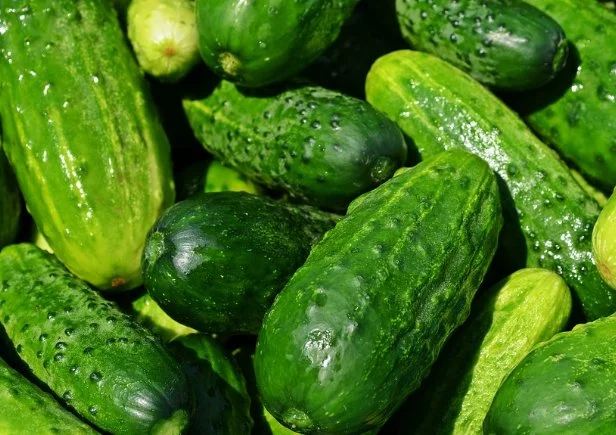
Spreading cucumber vines provide shade for cool-loving celery as well as the soil around them, reducing weed growth and enhancing soil moisture retention. Celery, in return, deters whiteflies from attacking cucumbers.
5. Dill
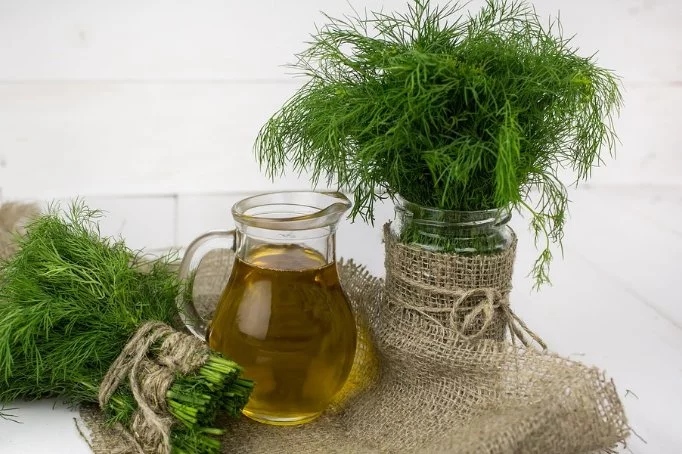
Dill and other fragrant herbs keep pests away by masking the aroma of crops like celery that are intended as targets. Dill draws advantageous insects when allowed to bloom.
6. Marigold
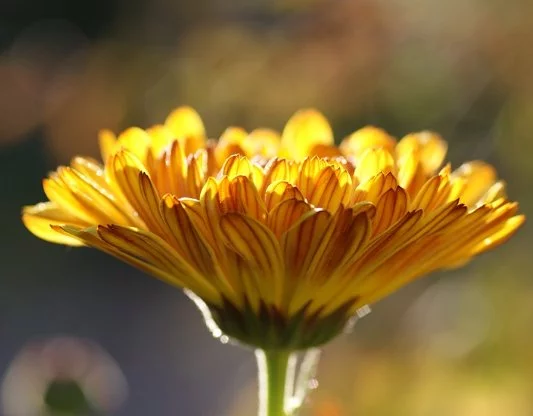
The vibrant, cheery marigolds not only add color to the garden but also naturally ward off pests like nematodes and flea beetles. In order to keep slugs away from your celery if they are a problem, you can also plant a marigold trap crop.
7. Mint
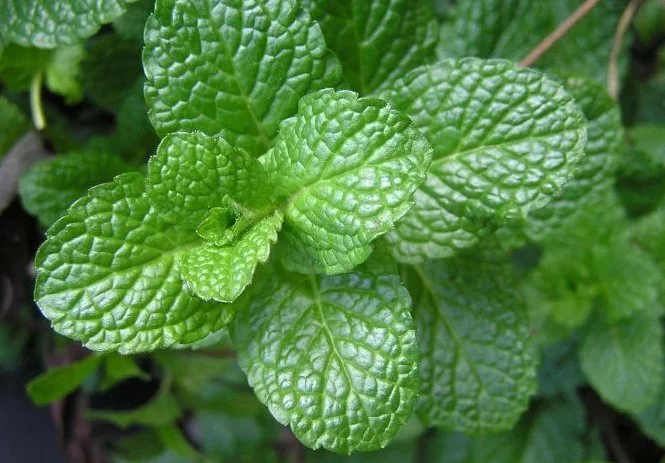
Mint deters small and large pests that enjoy munching on celery with its potent scent.
Remember that this perennial herb spreads quickly, so you might prefer to grow it in a pot close to your celery rather than in the ground.
8. Nasturtium
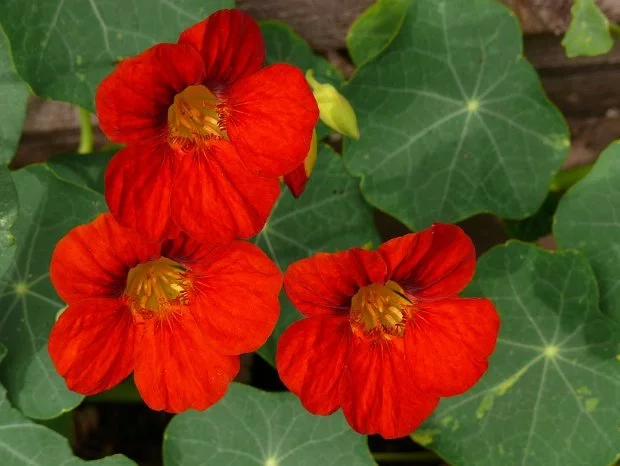
Nasturtiums deter pests like flea beetles. They also have a vining habit, which means they serve as a living mulch, preventing weed growth and preserving soil moisture. The leaves and flowers are also a wonderful peppery addition to salads.
9. Onions
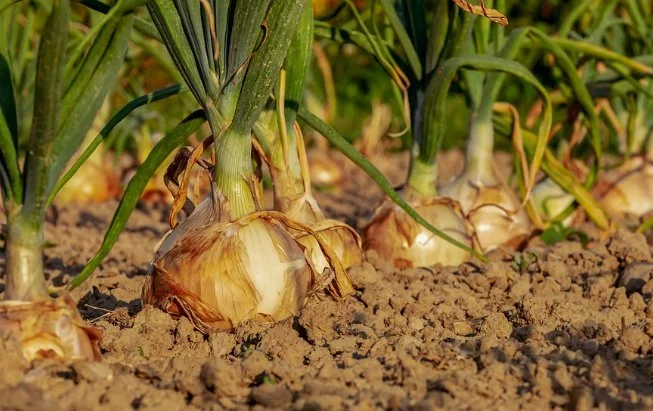
Pests that harm celery are deterred by the potent scent of alliums like chives, onions, and garlic. Alliums are said to enhance the flavor of celery when grown close by, according to many gardeners.
10. Oregano
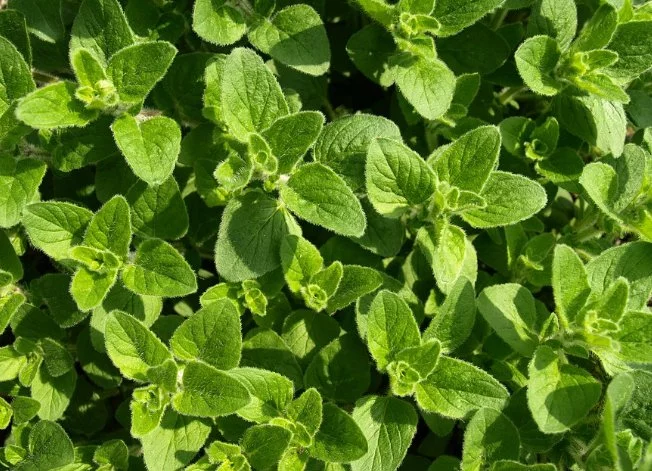
In addition to warding off harmful pests, oregano has a strong aroma that overpowers celery's. It may work best in a pot in the vegetable garden because it is a bushy perennial. As an alternative, consider growing celery in the herb bed.
11. Rosemary
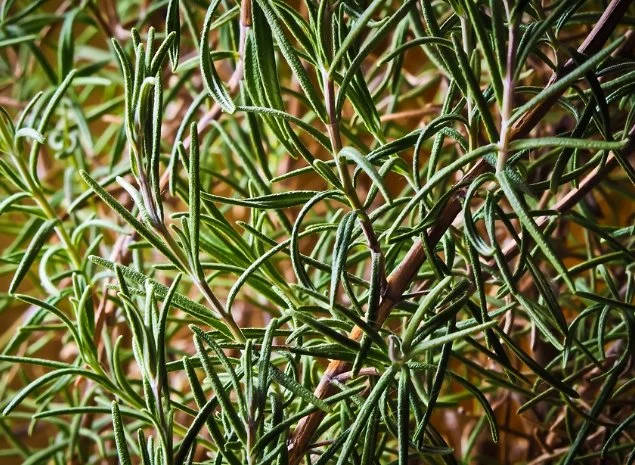
Rosemary, another herb with a potent scent, protects celery from insects that like to eat it. Once more, if your winters are mild enough for this delicate perennial to survive the cold, you might want to plant it in a container or in the herb garden.
12. Sage
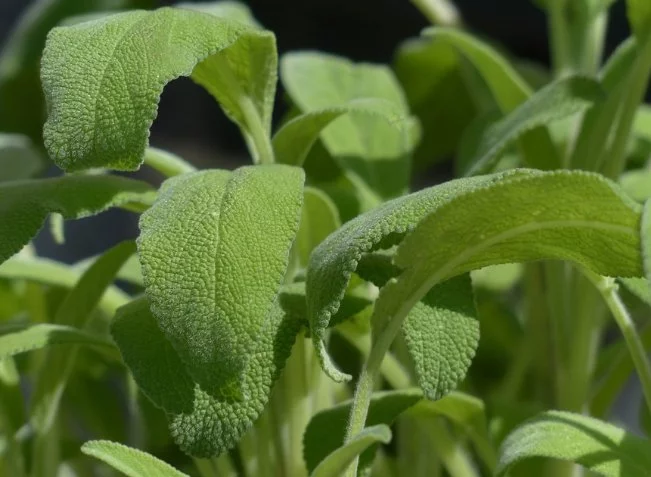
Sage Seeds for Planting Heirloom, Non-GMO Herb Variety- Great for Indoor and Outdoor Gardening by Gardeners Basics
Sage, another herb with a potent scent, serves as a naturally occurring insect pest deterrent. It is a perennial as well, so you might want to keep it in a container or put it in the herb garden.
13. Thyme
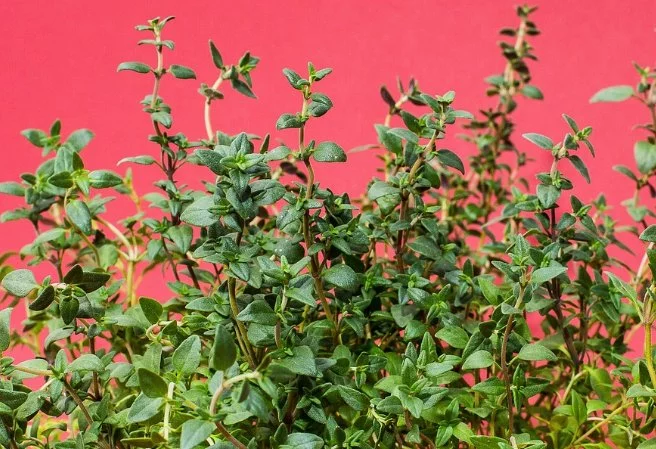
Due to its tendency to creep and fragrant scent, thyme offers natural ground cover and pest control. It should be grown in a mobile container or the herb garden with celery planted all around it because, like the majority of the other herbs on this list, it is a perennial.
Worst Companion Plants for Celery
1. Carrots
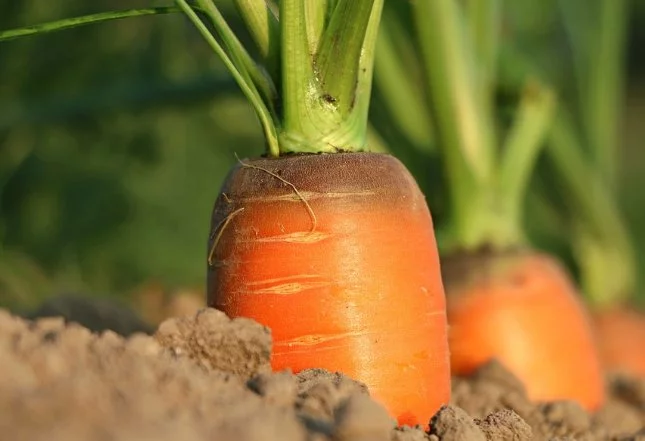
Due to the fact that celery and carrots are members of the same family, numerous pests and diseases affect both crops. The spread of such issues can be stopped by planting them apart. Additionally, cutting down carrots that were planted too close to celery could damage the celery's shallow roots.
2. Corn
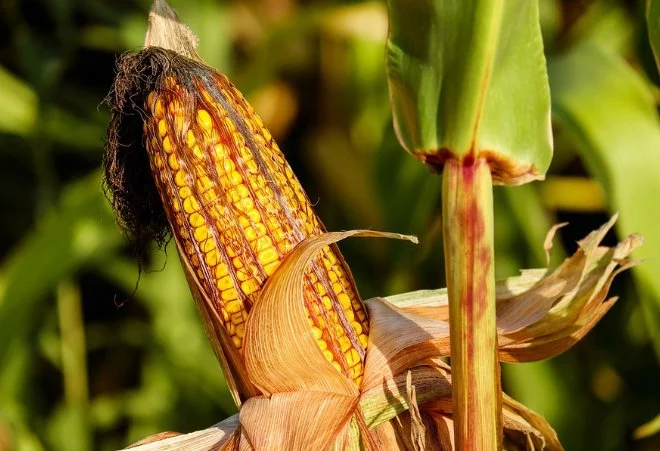
Because corn and celery are both heavy feeders, corn may outcompete celery for essential nutrients, resulting in subpar growth. Celery can receive too much shade from corn (too much of a good thing!).).
3. Parsley
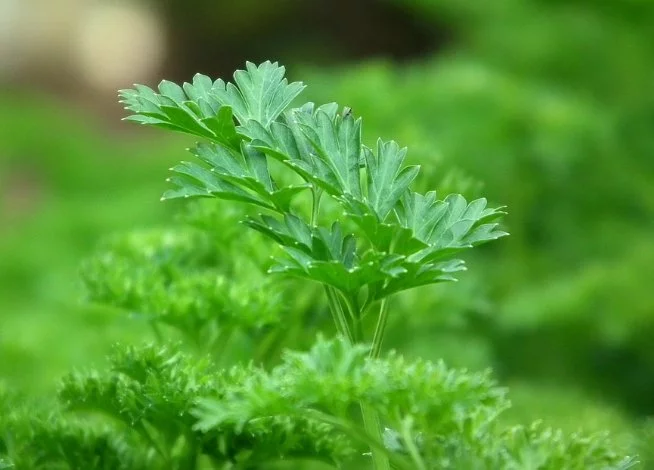
Parsley is in the same family as celery as are carrots. To prevent common pests and diseases from spreading from one crop to another, keep all three in separate areas of the garden.
4. Potatoes
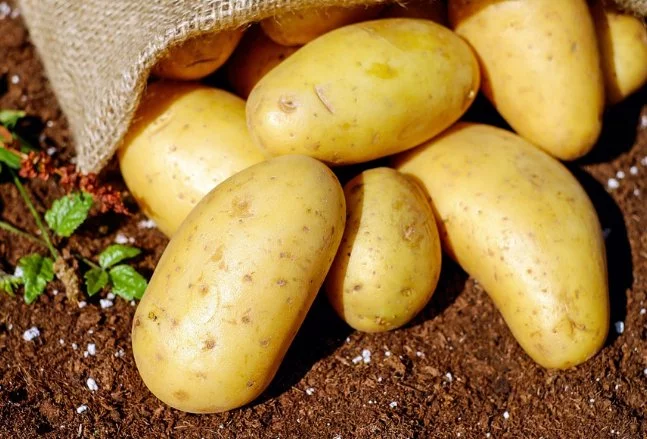
Since potatoes ripen around the time celery reaches its maximum growth potential, you'll uproot your celery while digging potatoes, depriving yourself of any future celery harvests.
5. Turnips
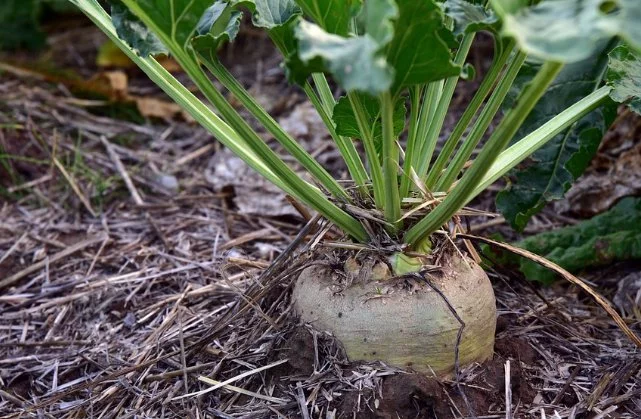
The same issue applies to turnips, potatoes, and other root vegetables in general, as well as carrots and potatoes. Turnips planted too closely to celery will have their shallow roots disturbed if they are dug up.
Celery is a delicious vegetable that belongs in every vegetable garden, whether it's slathered in peanut butter and raisins or chopped in a soup. It can thrive when intercropped with the right plants!
Read More:
Latest Updated
- Benefits of Bugleweed - 7 Science-backed Health Benefits
- Bugleweed Dangers & Side Effects - Is It Poisonous?
- How to Plant Evergreen Trees - What You Should Know
- When to Plant Evergreens - Grow Guide for Evergreen Trees
- 12 Wonderful Evergreen Shrubs for Your Garden
- 12 Popular Evergreen Plants with Pictures for Beginners
- When And How To Prune A Lilac Bush Like a Pro
- How to Grow & Care for Lilac Vine (Hardenbergia Violacea)
- Japanese Lilac Tree (Syringa Reticulata) Care & Propagation Guide
- Shumard Oak Pros and Cons - What to Know
Popular Articles
- Winter maintenance of Antirrhinum Majus
- How to Grow Terminalia Mantaly Tree
- How to Grow and Care for Crossostephium Chinense
- How to grow Antirrhinum Majus in spring
- Peristeria Elata (Dove Orchid) Profile: Info & Care Guide
- Underwatered Snake Plant (Sansevieria Trifasciata) - Signs And How To Fix
- How to Care for Brazilian Jasmine Plant (Mandevilla Sanderi)
- How to Grow & Care for Graptopetalum Purple Delight in Summer
- Rosa Chinensis (China Rose): Plant Growing & Care Tips
- How to Care for Baby Sun Rose (Aptenia Cordifolia)